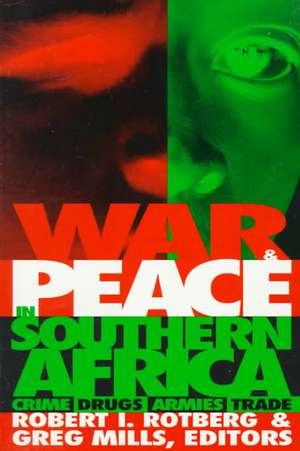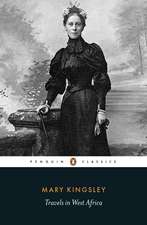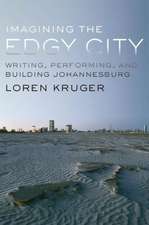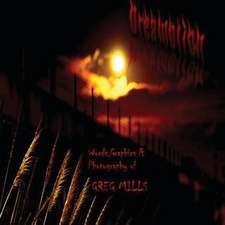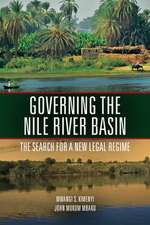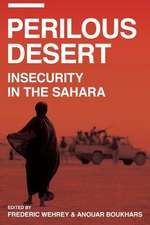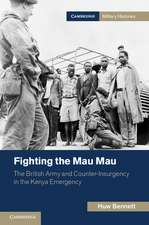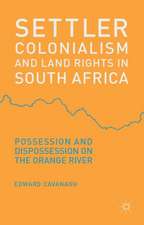War and Peace in Southern Africa: Crime, Drugs, Armies, Trade
Editat de Robert I. Rotberg, Greg Millsen Limba Engleză Paperback – mar 1998
The new South Africa, as well as the surrounding southern region, is finally free of apartheid and colonial rule. Civil wars have ended; democracy is everywhere. Economically, South Africa and the region are beginning to grow more rapidly than ever before. But serious impediments to sustainable growth and effective participatory government remain. President Nelson Mandela's African National Congress won a strong victory in South Africa's 1994 elections and has governed with skill and ambition ever since. Nevertheless, crime rates have soared, as have the number of illegal and conventional small arms, car hijackings, trade in drugs, illegal immigrants, and all manner of attacks on the political and social stability of the state. This book puts these serious societal problems in perspective and provides fresh answers and recommendations. The book includes chapters on crime rates and criminal syndicates, the proliferation of conventional arms, illegal populations movements, drug trafficking, the South African army, and a concluding chapter on African armies and regional peacekeeping. The contributors are Jacklyn Cock, University of the Witwatersrand; Robert Gelbard, Assistant Secretary of State for Drug Enforcement and Legal Affairs; Jeffrey Herbst, Princeton University; Mark Malan, Mark Shaw, and Hussein Solomon, Institute for Security Studies; Katherine Marshall, the World Bank; Steven Metz, U.S. Army War College; Greg Mills and Glenn Oosthuysen, South African Institute of International Affairs; C.J.D. Venter, South African Police Service; and Joan Wardrop, Curtin University, Australia. Copublished with the World Peace Foundation
Preț: 195.00 lei
Nou
Puncte Express: 293
Preț estimativ în valută:
37.31€ • 39.06$ • 31.06£
37.31€ • 39.06$ • 31.06£
Carte tipărită la comandă
Livrare economică 31 martie-14 aprilie
Preluare comenzi: 021 569.72.76
Specificații
ISBN-13: 9780815775850
ISBN-10: 0815775857
Pagini: 296
Ilustrații: maps
Dimensiuni: 152 x 229 x 21 mm
Greutate: 0.42 kg
Ediția:New.
Editura: Brookings Institution Press
Colecția Brookings Inst. Press/World Peace Fdn.
Locul publicării:United States
ISBN-10: 0815775857
Pagini: 296
Ilustrații: maps
Dimensiuni: 152 x 229 x 21 mm
Greutate: 0.42 kg
Ediția:New.
Editura: Brookings Institution Press
Colecția Brookings Inst. Press/World Peace Fdn.
Locul publicării:United States
Notă biografică
Robert I. Rotberg is director of the Program on Intrastate Conflict, Conflict Prevention, and Conflict Resolution at Harvard University's John F. Kennedy School of Government, and president of the World Peace Foundation. Rotberg is the author or editor of numerous books, including State Failure and State Weakness in a Time of Terror (Brookings/WPF, 2003). Greg Mills, national director of the South African Institute of International Affairs, is the author of From Pariah to Participant: South Africa's Evolving Foreign Policy Relations, 1990-1994 (SAIIA, 1994) and South Africa and Peacekeeping in Africa (SAIIA, 1995).
Descriere
A Brookings Institution Press and World Peace Foundation publication
The new South Africa, as well as the surrounding southern region, is finally free of apartheid and colonial rule. Civil wars have ended; democracy is everywhere. Economically, South Africa and the region are beginning to grow more rapidly than ever before. But serious impediments to sustainable growth and effective participatory government remain.
President Nelson Mandela's African National Congress won a strong victory in South Africa's 1994 elections and has governed with skill and ambition ever since. Nevertheless, crime rates have soared, as have the number of illegal and conventional small arms, car hijackings, trade in drugs, illegal immigrants, and all manner of attacks on the political and social stability of the state.
This book puts these serious societal problems in perspective and provides fresh answers and recommendations. The book includes chapters on crime rates and criminal syndicates, the proliferation of conventional arms, illegal populations movements, drug trafficking, the South African army, and a concluding chapter on African armies and regional peacekeeping.
The contributors are Jacklyn Cock, University of the Witwatersrand; Robert Gelbard, Assistant Secretary of State for Drug Enforcement and Legal Affairs; Jeffrey Herbst, Princeton University; Mark Malan, Mark Shaw, and Hussein Solomon, Institute for Security Studies; Katherine Marshall, the World Bank; Steven Metz, U.S. Army War College; Greg Mills and Glenn Oosthuysen, South African Institute of International Affairs; C.J.D. Venter, South African Police Service; and Joan Wardrop, Curtin University, Australia.
Copublished with the World Peace Foundation
The new South Africa, as well as the surrounding southern region, is finally free of apartheid and colonial rule. Civil wars have ended; democracy is everywhere. Economically, South Africa and the region are beginning to grow more rapidly than ever before. But serious impediments to sustainable growth and effective participatory government remain.
President Nelson Mandela's African National Congress won a strong victory in South Africa's 1994 elections and has governed with skill and ambition ever since. Nevertheless, crime rates have soared, as have the number of illegal and conventional small arms, car hijackings, trade in drugs, illegal immigrants, and all manner of attacks on the political and social stability of the state.
This book puts these serious societal problems in perspective and provides fresh answers and recommendations. The book includes chapters on crime rates and criminal syndicates, the proliferation of conventional arms, illegal populations movements, drug trafficking, the South African army, and a concluding chapter on African armies and regional peacekeeping.
The contributors are Jacklyn Cock, University of the Witwatersrand; Robert Gelbard, Assistant Secretary of State for Drug Enforcement and Legal Affairs; Jeffrey Herbst, Princeton University; Mark Malan, Mark Shaw, and Hussein Solomon, Institute for Security Studies; Katherine Marshall, the World Bank; Steven Metz, U.S. Army War College; Greg Mills and Glenn Oosthuysen, South African Institute of International Affairs; C.J.D. Venter, South African Police Service; and Joan Wardrop, Curtin University, Australia.
Copublished with the World Peace Foundation
